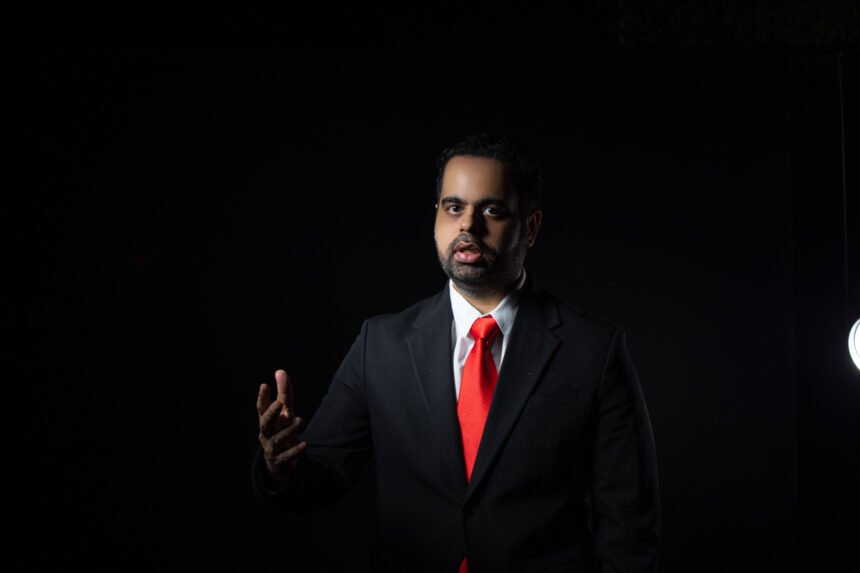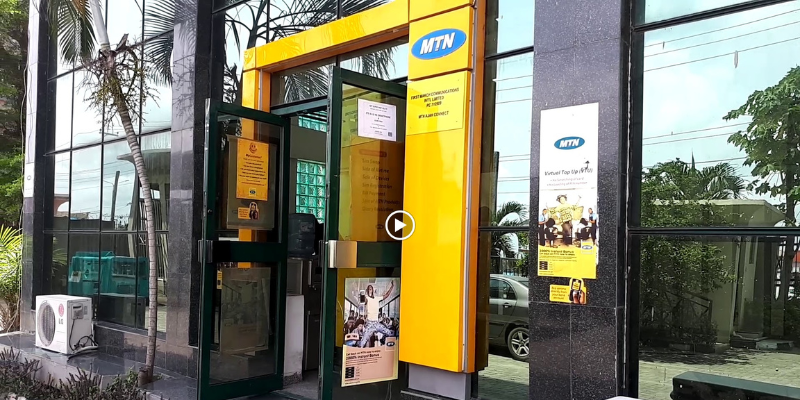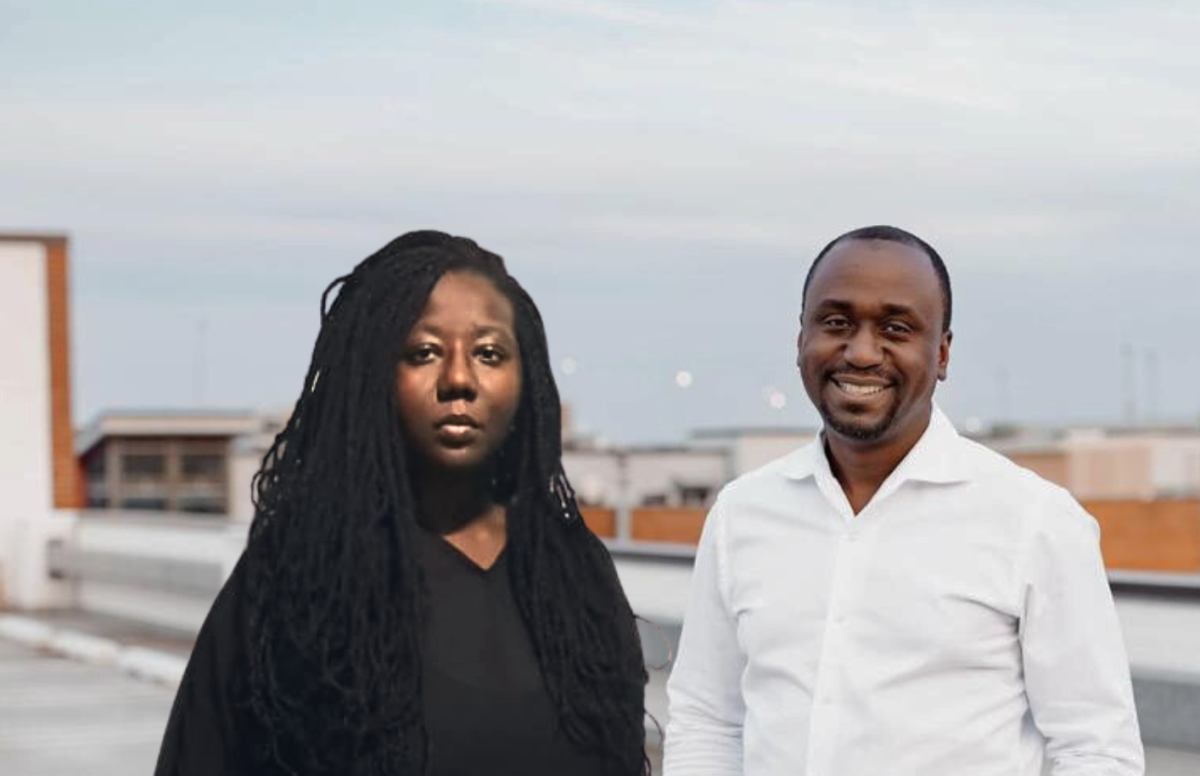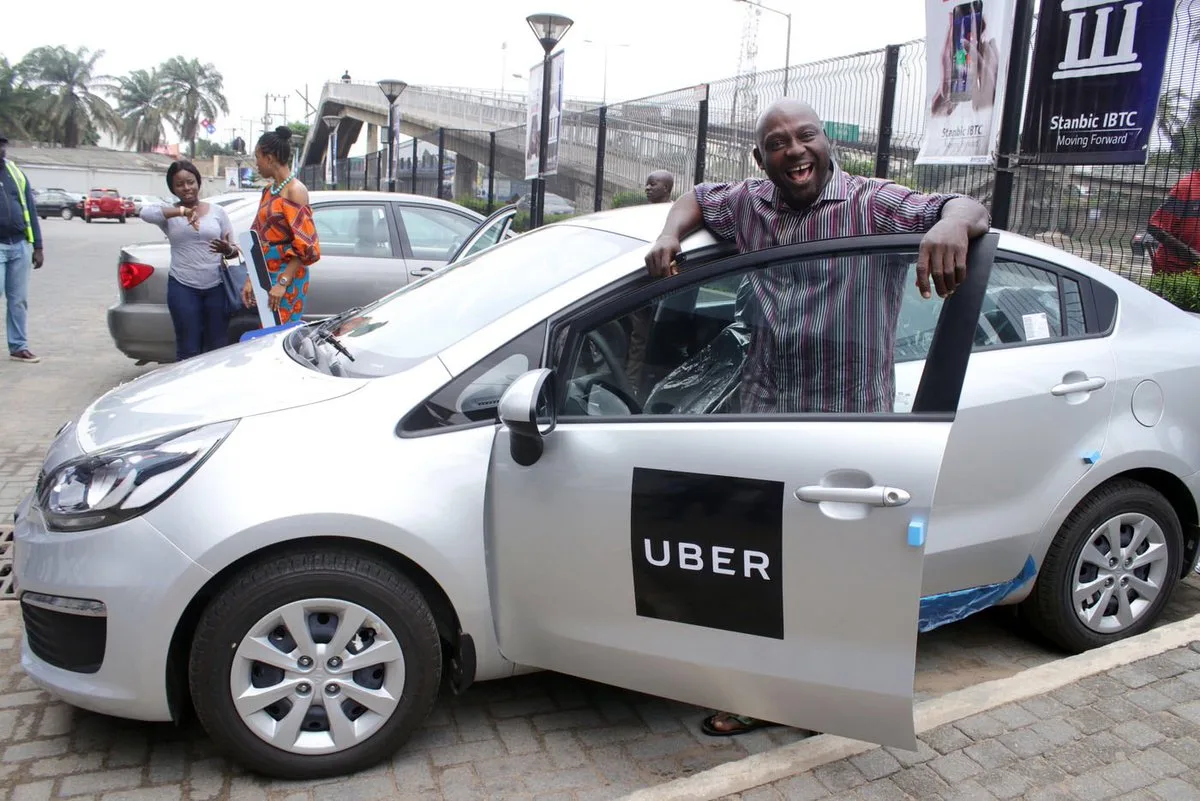In Lagos, the hum of diesel generators often drowns out conversations. Across Nigeria, power cuts have become a way of life. Despite being Africa’s largest economy, more than 85 million Nigerians—roughly 43 percent of the population—still lack access to reliable electricity. The cost of this energy deficit is staggering, slowing business productivity, worsening healthcare delivery, and placing a heavy burden on households.
Against this backdrop, billionaire investor Prateek Suri, founder of Maser Group and head of MDR Investments, believes the solution lies not in waiting for state-led fixes but in leveraging solar power and private-sector innovation.
“Nigeria has the sun. What it needs is the right model to capture it,” Suri reflects, pointing to the country’s vast solar potential. With an average of 5.5 kilowatt-hours of sunlight per square meter daily, Nigeria is one of the most solar-rich nations on earth. Yet, it imports over $20 billion worth of fossil fuels annually just to keep generators running.
For Suri, the problem isn’t just building solar farms—it’s making energy affordable for ordinary Nigerians. Current off-grid solar kits are often priced beyond the reach of low-income households. Here, Suri suggests a financing model akin to mobile phone top-ups: micro-payments spread over months, allowing families to pay only for the energy they consume.
“Just as mobile money transformed banking in Africa, pay-as-you-go solar can transform energy access,” he argues.
Suri stresses that private capital must complement, not replace, government efforts. Nigeria’s ambitious plan to generate 30 GW of electricity by 2030 requires both public investment and private innovation. Maser Group, he explains, is exploring partnerships to deploy mini-grid solar systems across rural communities where extending the national grid remains unfeasible.
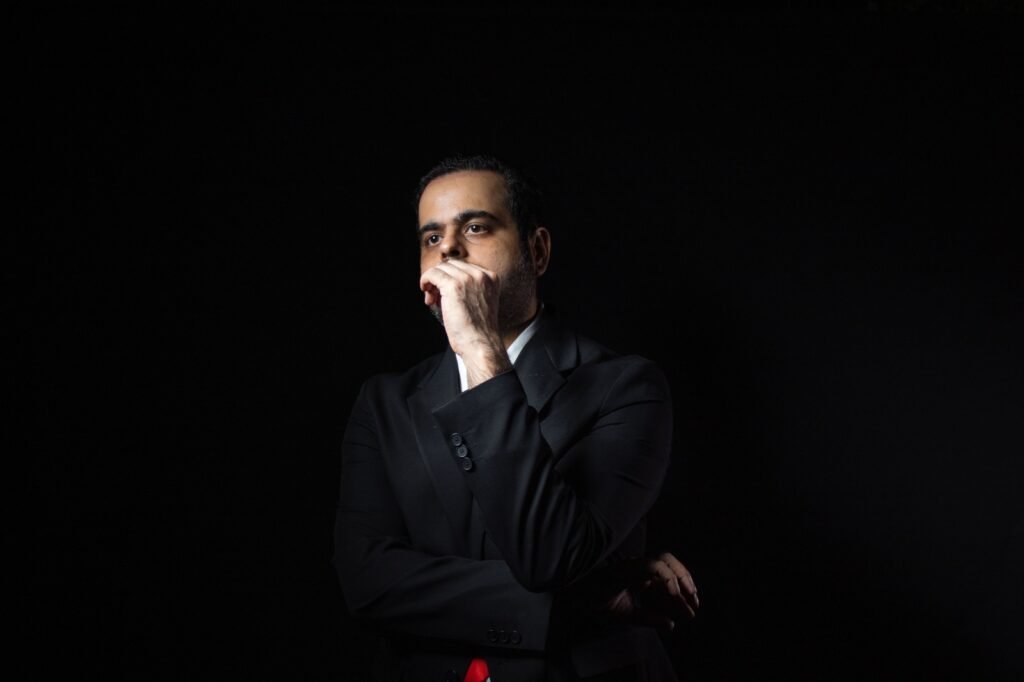
These decentralised systems, built close to users, can power schools, clinics, and small businesses at a fraction of the cost of diesel. More importantly, they can be scaled rapidly, bypassing the bureaucratic bottlenecks of large-scale infrastructure.
But Suri’s vision goes further than plugging in solar panels. He advocates for local assembly plants and skill development hubs in Nigeria, reducing reliance on imports while creating jobs. With youth unemployment hovering around 33 percent, he believes renewable energy could double as both an economic and social catalyst.
“Energy is not just about light—it’s about dignity, opportunity, and hope,” he notes. “When a village is electrified, children can study at night, hospitals can refrigerate vaccines, and entrepreneurs can keep their businesses running.”
Suri cautions, however, that time is of the essence. Nigeria’s population is projected to surpass 400 million by 2050, making it the world’s third most populous country. Without urgent action, the energy gap could widen further.
For him, the opportunity is clear: solar energy is not a luxury for Nigeria—it is its destiny. If his vision materialises, the generators that once symbolised Nigeria’s resilience could finally fall silent, replaced by a future powered by the sun.







